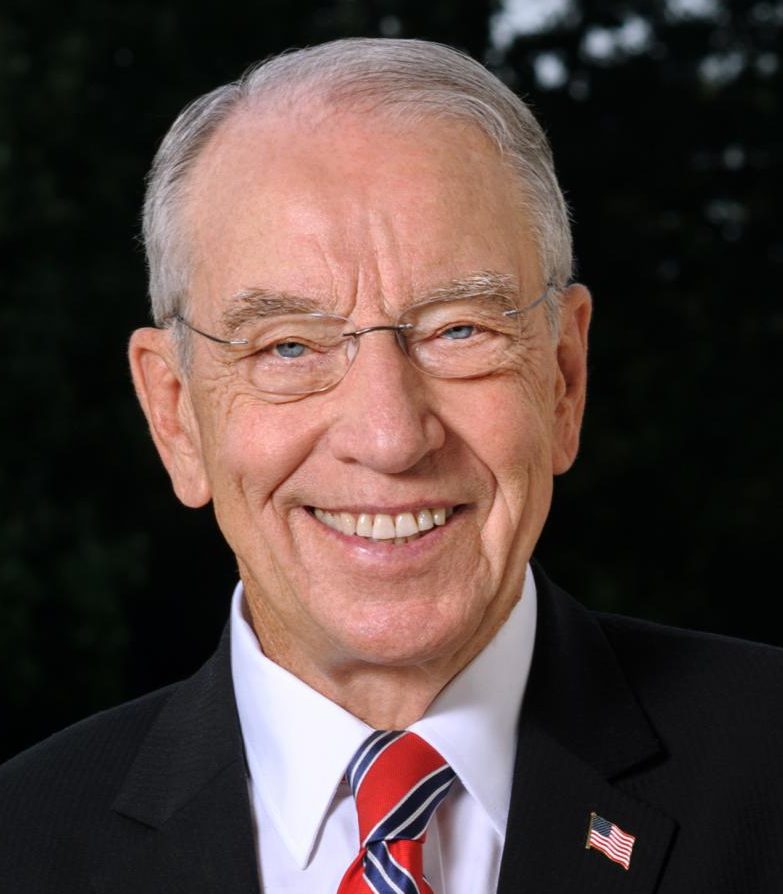After misrepresentations and a lack of transparency from the Pentagon watchdog, Sen. Chuck Grassley (R-Iowa) is demanding clarity and a full accounting of potential oversights in the Defense Department’s Inspector General (DOD OIG) review of the Joint Enterprise Defense Infrastructure contract (JEDI).
“It might be that the Defense Department Inspector General’s office just has some clarification to provide, or it might be that they fell down on the job and are too embarrassed to clean up mistakes. There are clear problems with the lack of investigation of an advisor’s connections to Amazon Web Services and the inexplicable blockade of legitimate document requests from Congress,” Grassley said of his letter.
In writing again to the DOD OIG, Grassley presses for clarity on the obvious material misrepresentations of documents related to an ethics review of a Defense Department employee with ties to AWS and for fulsome disclosure of the many documents he’s requested related to the massive 10 billion dollar contract that was initially awarded to Amazon. Grassley also requests information about the members of the inspector general’s team involved in that office’s faulty review of that contract.
Grassley first sought information about inconsistencies and misrepresentations in DOD OIG’s report on the JEDI contract in August of 2021, following reports by whistleblowers to his office. He also asked for an independent review of DOD OIG’s investigation by the Council of Inspectors General on Integrity and Efficiency, and in December requested a classified briefing from the Defense Department. The senator first began investigating the JEDI contract process in 2019. The Defense Department is poised to award a new multi-billion-dollar cloud computing project called, JWCC.
Full text of Grassley’s newest letter to the Defense Department’s Inspector General can be found HERE. Attachments can be found HERE.
Related:
April 2021: Grassley Pushes New SECDEF for Answers on Old JEDI Questions
April 2019: Grassley Presses Defense Department on Potential Conflicts in Massive Cloud Computing Procurement
















